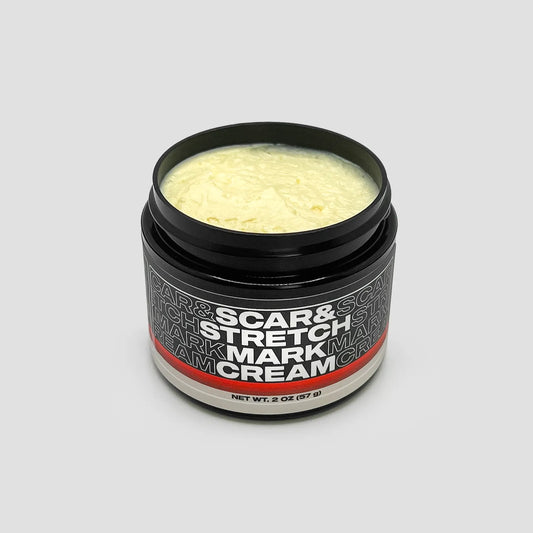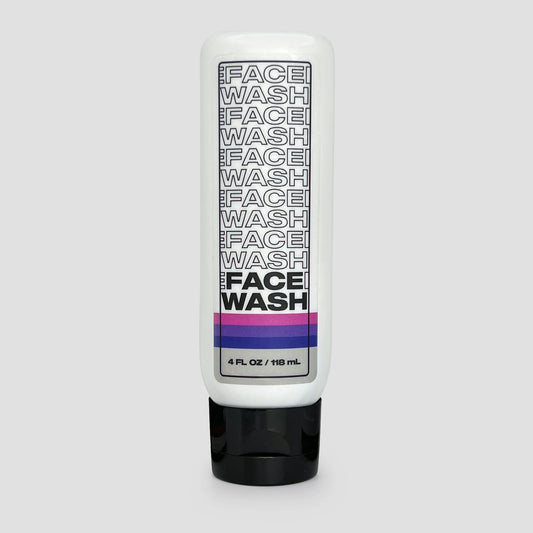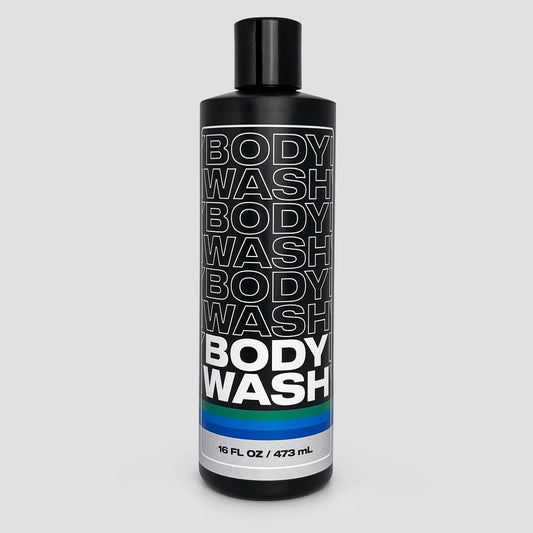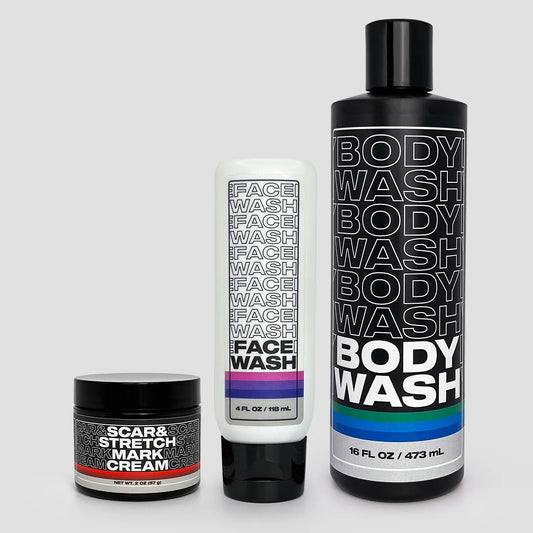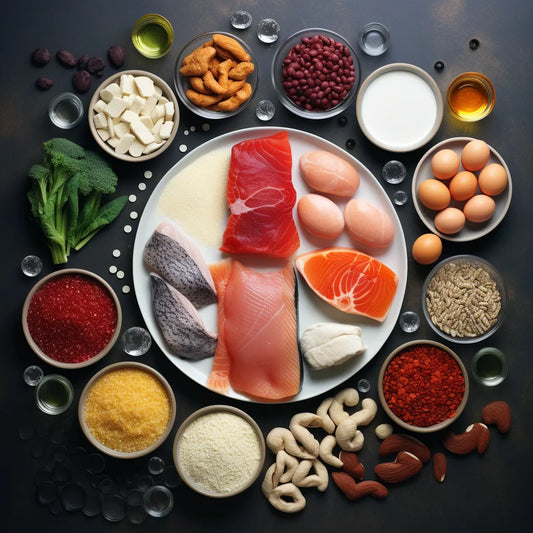

In the expansive world of fitness and health, discovering the right type of protein to support your unique athletic needs can feel like finding a needle in a haystack. Is plant protein the key to your dietary success? Or should you turn to casein protein to fuel your workouts? It's time to explore.
Unraveling this protein mystery matters. It's not just about the protein powder you add to your post-workout shake, it's about fueling your body with the right nutrients for optimum performance and recovery. And if you're in pursuit of a smooth, flawless skin complexion, your dietary choices matter even more.
Let's dive into the world of plant protein and casein protein, unveiling the truths, busting the myths, and helping you make the right nutritional decisions.
Expect to come out the other side, armed with expert knowledge and a drive to put this knowledge to use. Your path to boosted protein understanding starts here.
What are the differences between plant protein and casein protein?
The main difference between plant and casein protein lies in their sources and amino acid profiles. Casein protein is derived from milk and is known as a complete protein, meaning it contains all nine essential amino acids your body can't produce on its own. On the other hand, plant protein comes from various plant sources like soy, peas, rice, and more. While some plant proteins are complete, most are not. However, combining different sources of plant proteins can provide all essential amino acids.
Is casein or plant protein better for muscle recovery?
Both proteins can play a role in muscle recovery, but they do so in different ways. Casein is a slow-digesting protein, releasing amino acids into your bloodstream over a prolonged period. This makes casein particularly beneficial for muscle recovery during sleep. Conversely, certain types of plant proteins like pea protein are digested faster and can be beneficial for immediate post-workout recovery.
How to Choose Between Plant Protein and Casein Protein: A Guided Approach
Navigating the maze of dietary choices isn't always easy. Here's a step-by-step guide to help you decide between plant and casein protein based on your unique fitness needs, dietary constraints and personal preferences.
1. Outline Your Dietary Restrictions
If you're vegan, lactose intolerant, or allergic to dairy, plant protein is your go-to. Many plant proteins are hypoallergenic and easy to digest, making them suitable for most dietary restrictions.
2. Set Your Fitness Goals
If bulk muscle build and slow-release muscle recovery are your priorities, casein might be a good fit. If you prefer a swift post-workout recovery protein, explore plant proteins.
3. Consider Your Meal Timing
Casein protein is a great nighttime recovery help due to its slow digestion. For daytime consumption, you might want a faster-digesting plant protein.
4. Taste and Texture Preferences
Do a taste test. Some find the earthy taste of plant proteins off-putting, while others might not enjoy the milky flavor of casein. Find what pleases your palate.
Can I mix plant protein and casein protein?
Absolutely! Mixing plant and casein proteins can provide a broad spectrum of amino acids, enhancing the overall nutritional profile of your protein intake. It can also better suit your digestion and taste preferences.
Is plant or casein protein better for skin health?
Both proteins carry benefits for your skin. Diets rich in protein support collagen production, vital for skin elasticity and health. Plus, if your chosen plant or casein protein contains added vitamins and antioxidants, it's a win-win situation for your skin!
Power Up Your Protein Understanding
The journey of uncovering the mysteries of plant and casein protein isn't just enlightening—it empowers you to make the right nutritional choices for your fitness and health goals. Remember, the perfect protein for you is one that aligns with your dietary requirements, fitness needs, and taste preferences.
Key Protein Takeaways
- Plant protein and casein protein differ primarily in their sources and amino acid profiles.
- Both proteins can aid muscle recovery, but in different ways due to their digestion rates.
- Choosing between plant and casein protein requires careful consideration of your unique needs and preferences.
- Mixing both proteins can provide a broad spectrum of essential amino acids and cater to diverse digestion and taste preferences.
Go forth, armed with this newfound knowledge, make mindful protein choices, and always remember: your perfect protein fits your unique self.

